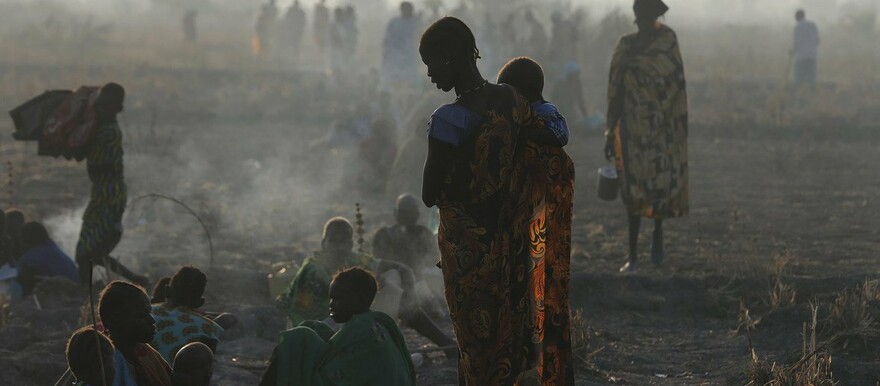The United States Department of State’s annual Country Reports on Human Rights Practices for 2022 was released on Monday by Secretary Antony Blinken, and it indicted government and opposition armed forces and their allied militia for grave human rights abuses in South Sudan.
According to the report seen by Radio Tamazuj, civilian authorities routinely failed to maintain effective control over the security forces, and there were reports that members of the security forces committed numerous abuses.
“The Internal Security Bureau of the National Security Service, under the Ministry of National Security, has arrest authority for cases connected to national security but operated beyond its legal authority,” the report says. “Numerous irregular forces, including militias operated by the National Security Service and proxy forces, operated in the country with official knowledge.”
Nongovernment armed groups, including the forces of peace-agreement signatories and other opposition armed groups alike, perpetrated serious human rights abuses, which, according to the United Nations, included unlawful killings, abduction, rape, sexual slavery, and forced recruitment of children and adults into combat and non-combat roles, the report says.
The reported pointed out that significant human rights issues included credible reports of extrajudicial killings; forced disappearances; torture and cases of cruel, inhuman, and degrading treatment or punishment by security forces, opposition forces, armed militias affiliated with the government and the opposition, and ethnically based groups; harsh and life-threatening prison conditions; arbitrary detention; political prisoners or detainees; transnational repression against individuals in other countries, including killings, kidnappings, or violence; serious problems with judicial independence; arbitrary or unlawful interference with privacy and serious abuses in an internal conflict.
“These include the unlawful killing of civilians, enforced disappearances or abductions, torture and physical abuses or punishment, unlawful recruitment or use of child soldiers, mass forced displacement,” the report read, adding, “Widespread gender-based violence, and use of food as a weapon of war; serious restrictions on freedom of expression and the media, including violence against and intimidation and detention of journalists, closure of media houses, censorship, and site blocking; serious restrictions on internet freedom; substantial interference with the rights of peaceful assembly and freedom of association, including overly restrictive laws on the organization, funding, or operation of nongovernmental organizations and civil society organizations.”
The U.S. State Department also cited the inability of citizens to change their government peacefully through free and fair elections, serious restrictions on political participation, serious government corruption, serious government restrictions on or harassment of domestic and international human rights organizations, and lack of investigation and accountability for gender-based violence including conflict-related sexual violence, domestic and intimate partner violence, child, early, and forced marriage, and female genital mutilation, etc.
The report said that despite isolated examples of prosecution for human rights abuses, impunity remained widespread.
“The government also failed to take steps to identify, investigate, prosecute, and punish officials who engaged in corruption,” it added.




